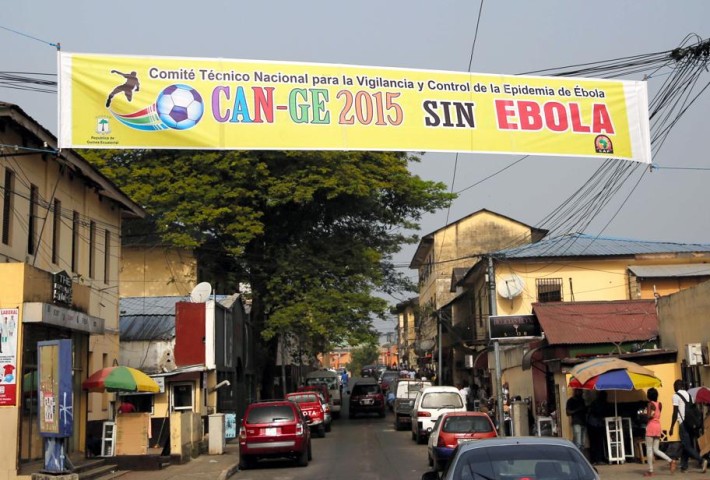Equatorial Guinea’s Bold Gamble Pays Off with Successful Hosting of 2015 AFCON
When Equatorial Guinea agreed in November 2014 to host the 2015 Africa Cup of Nations (AFCON) following Morocco’s withdrawal over Ebola fears, the small Central African nation took what many saw as a major gamble. Just months before kick-off, the tournament had no host — and Equatorial Guinea stepped forward amid growing public concern and widespread health anxieties across the continent.
The decision was not without controversy. A section of Equatoguinean society voiced fears that welcoming teams and supporters from Ebola-affected countries could put the nation at risk. With the virus still causing alarm in West Africa at the time, their concerns were understandable.
But in a remarkable display of coordination and resolve, the country not only managed to organize the tournament in record time, but did so without any major health incidents. As the dust settled just a day after the final — where Côte d’Ivoire defeated Ghana in a dramatic penalty shootout — the host nation could breathe a collective sigh of relief and take pride in pulling off a feat many had doubted.
To mitigate risks, the government implemented strict public health measures. These included partnerships with Cuba, whose experienced medical teams were flown in to assist with health monitoring and emergency response. Awareness campaigns were rolled out nationwide, educating citizens on Ebola prevention, symptoms, and reporting procedures. Authorities also built three isolation centers to safely handle any suspected cases, although none were ultimately reported during the month-long tournament.
The international community took note. The World Health Organization (WHO) collaborated with Equatorial Guinea throughout the event, while France dispatched additional medical staff to support local teams and ensure health safety standards were met.
Despite initial resistance and logistical constraints, Equatorial Guinea’s hosting of AFCON 2015 is now being hailed as a model of rapid crisis response and regional solidarity. The country had just weeks to prepare stadiums, secure lodging for 16 national teams, and put comprehensive medical and security plans in place.
While the tournament was not without on-field and crowd-related controversy — most notably, the semi-final clash between Ghana and the hosts which was marred by crowd trouble — the broader objective of holding a safe and successful competition was achieved.
In the end, Equatorial Guinea didn’t just host a football tournament. It delivered a powerful message: that even in the face of global health fears, Africa can unite, adapt, and celebrate its biggest sporting event with pride and resilience.












